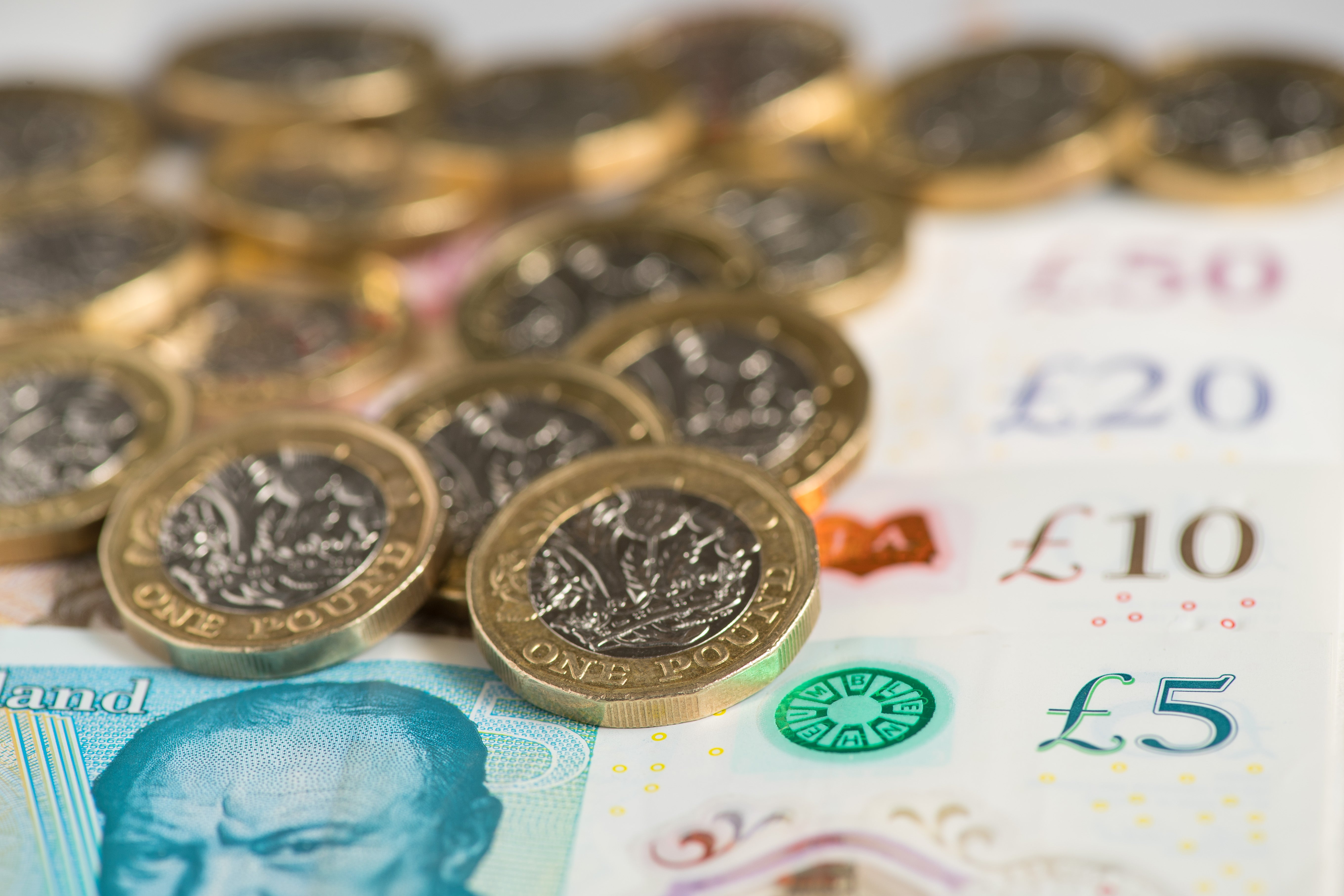One in three cutting back on household spending, study suggests
One in four people surveyed said they had not managed to save during the pandemic.

Your support helps us to tell the story
From reproductive rights to climate change to Big Tech, The Independent is on the ground when the story is developing. Whether it's investigating the financials of Elon Musk's pro-Trump PAC or producing our latest documentary, 'The A Word', which shines a light on the American women fighting for reproductive rights, we know how important it is to parse out the facts from the messaging.
At such a critical moment in US history, we need reporters on the ground. Your donation allows us to keep sending journalists to speak to both sides of the story.
The Independent is trusted by Americans across the entire political spectrum. And unlike many other quality news outlets, we choose not to lock Americans out of our reporting and analysis with paywalls. We believe quality journalism should be available to everyone, paid for by those who can afford it.
Your support makes all the difference.The cost of living squeeze is forcing a third of people to cut back on their household spending this year, according to new research.
Fewer than one in 10 of 3,000 adults surveyed by KPMG believe their spending will increase.
Spending less on eating out was the most common answer among those looking to reduce their 2022 household spending, while half said they aim to spend less on clothing or takeaways.
Linda Ellett, head of consumer markets, leisure and retail at KPMG UK said: “The cost of living squeeze is under way for many households and it’s not a surprise to see a third planning on reducing spending.
“Faced with inflationary pressures, some businesses are mulling upping their prices, or have done so, but they will be mindful that they are operating in a marketplace where consumers are themselves having to tighten the purse strings.
“The competition for share of wallet in 2022 is heating up. It’s vital that businesses double-down on their productivity, on the value and efficiency of their supply chain, and assess whether new products or offers can give them an edge in this landscape.”
One in four respondents said they had not managed to save during the pandemic.
Of the 74% that had, the rising price of goods and services was named as the biggest deterrent to spending savings, followed by higher taxes and household bills and uncertainty linked to the pandemic.